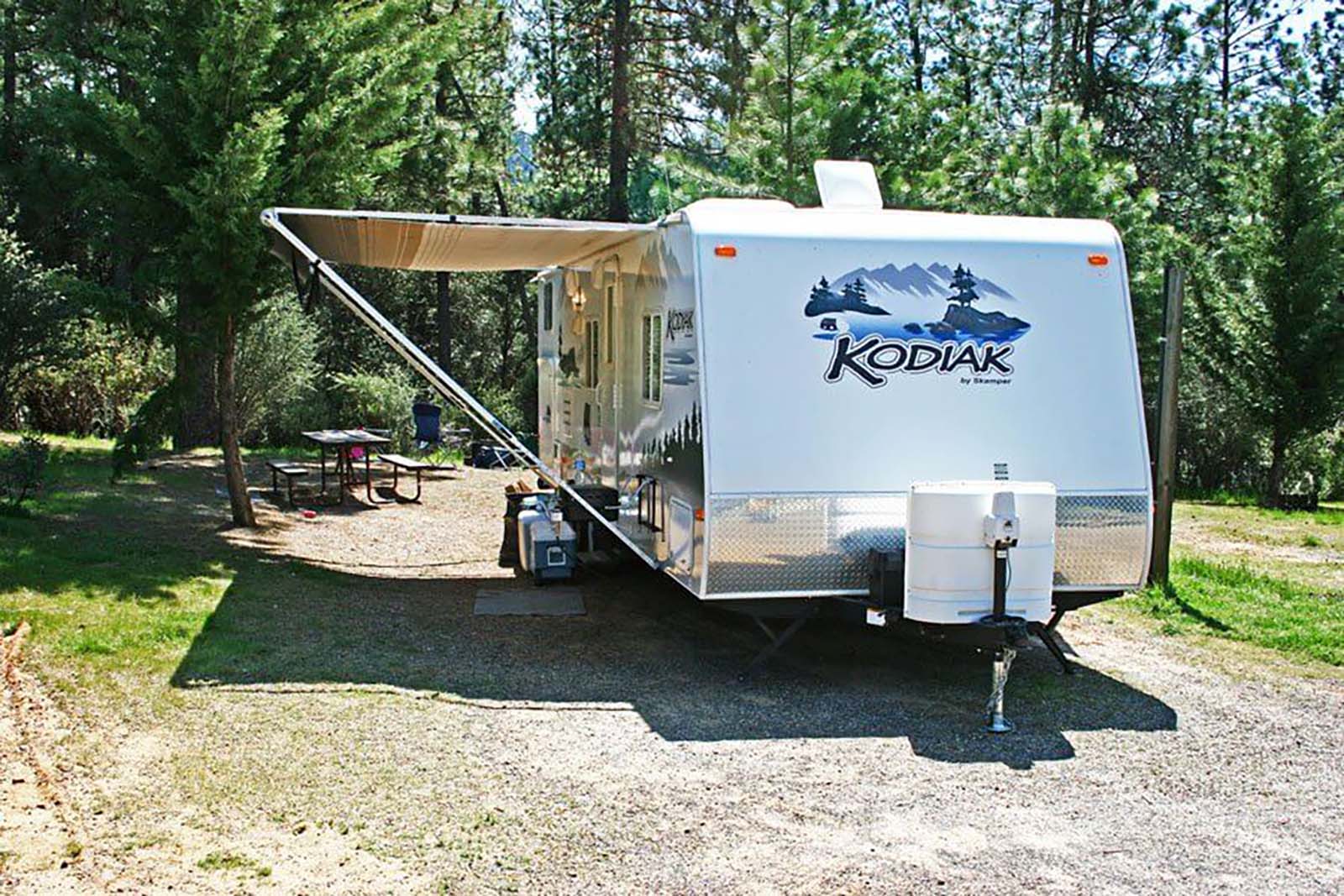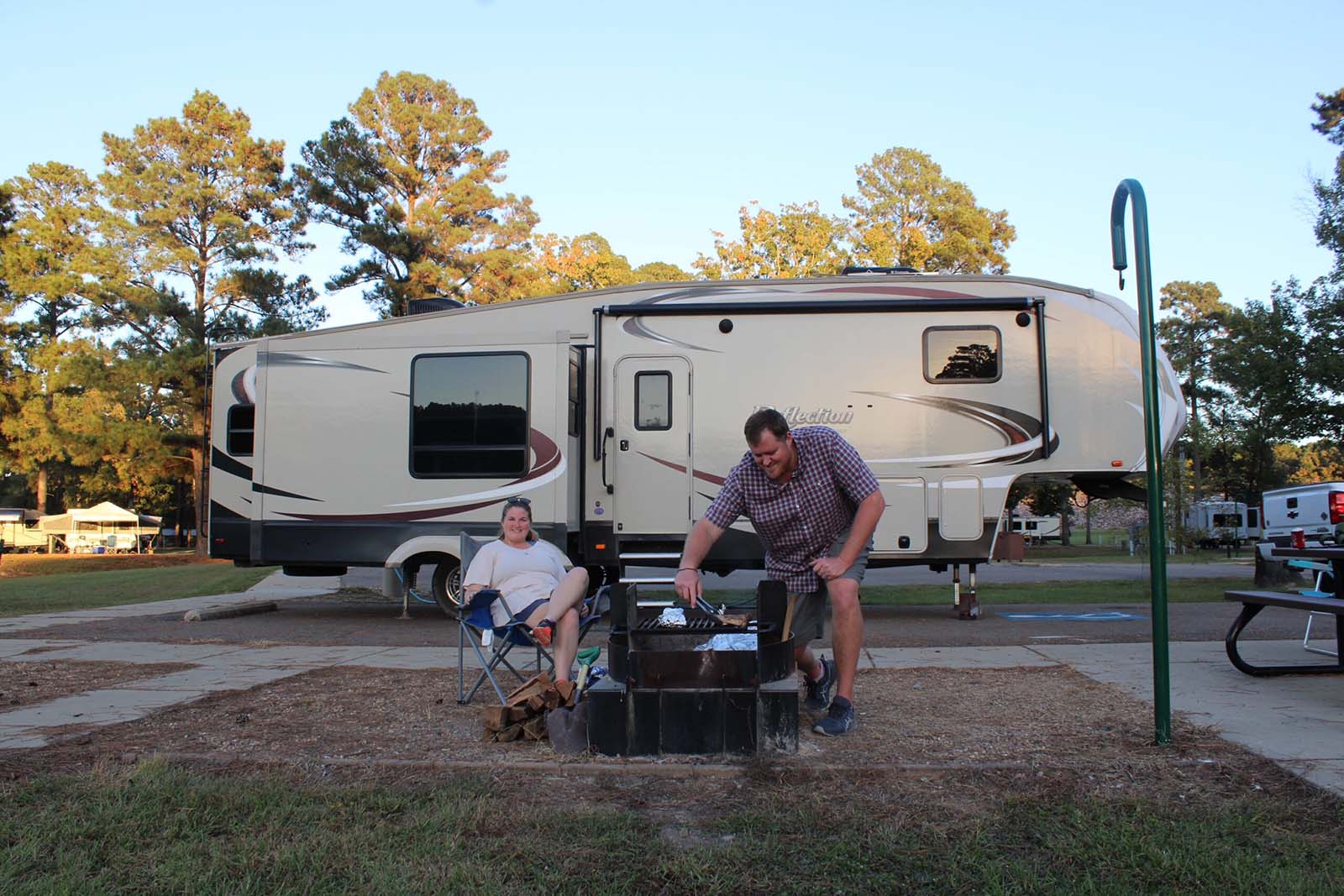H2: Understanding Lithium Battery Charging with an RV Converter H3: How Does an RV Converter Work? H3: The Advantages of Lithium Batteries for RVs H3: Compatibility of RV Converters with Lithium Batteries H3: Considerations for Charging Lithium Batteries with an RV Converter H3: Steps to Safely Charge a Lithium Battery with an RV Converter H3: Common Mistakes to Avoid While Charging Lithium Batteries with an RV Converter H3: How to Optimize Charging Efficiency for Lithium Batteries with an RV Converter H3: Monitoring Lithium Battery Charging Progress with an RV Converter H3: Additional Tips for Effective Lithium Battery Charging with an RV Converter

H2: Understanding Lithium Battery Charging with an RV Converter
H3: How Does an RV Converter Work? An RV converter is an essential component of an RV’s electrical system. It is responsible for converting 120-volt alternating current (AC) power from an external source, such as a campground electrical hookup, into 12-volt direct current (DC) power that can be used to charge the RV’s batteries.
H3: The Advantages of Lithium Batteries for RVs Lithium batteries are gaining popularity among RV enthusiasts due to their numerous advantages compared to traditional lead-acid batteries. Lithium batteries are lighter, have a longer lifespan, provide more power, and can be discharged to a lower state of charge without causing damage. These benefits make them an ideal choice for powering various appliances and electronics in an RV.

H3: Compatibility of RV Converters with Lithium Batteries Most modern RV converters are compatible with lithium batteries, but it is crucial to confirm this information from the converter’s user manual or contact the manufacturer. Older RV converters may not be compatible as they are designed to charge lead-acid batteries, which have different charging requirements than lithium batteries.
H3: Considerations for Charging Lithium Batteries with an RV Converter When charging lithium batteries with an RV converter, it is essential to ensure that the charging voltage and current parameters are suitable for lithium battery charging. Lithium batteries typically require a higher charging voltage per cell (around 3.6 volts) compared to lead-acid batteries (around 2.1 volts). Additionally, the charging current should not exceed the recommended value provided by the lithium battery manufacturer.
H3: Steps to Safely Charge a Lithium Battery with an RV Converter 1. Verify compatibility: Confirm that your RV converter is compatible with lithium batteries by referring to the user manual or contacting the manufacturer. 2. Adjust charging voltage: If your RV converter allows for voltage adjustment, set it to the appropriate level recommended by the lithium battery manufacturer. 3. Control charging current: Ensure that the charging current does not exceed the recommended value for your lithium battery. 4. Use a reliable charger: Consider investing in a lithium battery charger specifically designed for RV use to ensure optimal charging performance. 5. Monitor charging progress: Regularly check the voltage and temperature of the lithium battery during the charging process to ensure everything is within the safe range.

H3: Common Mistakes to Avoid While Charging Lithium Batteries with an RV Converter 1. Overcharging: Avoid leaving the lithium battery connected to the RV converter for an extended period, as continuous charging beyond the battery’s capacity can lead to overheating and potential damage. 2. Insufficient charging: Failure to provide enough charging time can result in an undercharged battery, reducing its overall capacity and performance. 3. Incorrect voltage settings: Setting the RV converter’s voltage at the wrong level can result in inadequate charging or even damage the lithium battery. 4. Neglecting temperature checks: Failure to monitor the battery’s temperature can result in overheating, which is detrimental to the lithium battery’s lifespan. 5. Using an incompatible converter: Using an RV converter not designed for lithium batteries can lead to inefficient charging and potential damage to the battery.
H3: How to Optimize Charging Efficiency for Lithium Batteries with an RV Converter To maximize charging efficiency, it is advisable to charge lithium batteries when the ambient temperature is between 32°F (0°C) and 86°F (30°C). Charging at temperatures outside this range may require adjusting the charger’s settings to ensure proper charging. Additionally, using a charger with intelligent charging algorithms specifically designed for lithium batteries can further optimize the charging process.
H3: Monitoring Lithium Battery Charging Progress with an RV Converter It is crucial to regularly monitor the charging progress of your lithium battery while using an RV converter. Refer to the lithium battery manufacturer’s instructions for recommended voltage and temperature ranges during charging. Additionally, some RV converters have built-in monitoring features that display charging progress, voltage levels, and temperature. Utilize these features to ensure the battery is being charged correctly.
H3: Additional Tips for Effective Lithium Battery Charging with an RV Converter 1. Ensure proper ventilation: Lithium batteries generate heat during charging, so ensure adequate ventilation to dissipate heat. 2. Avoid overloading: Do not overload your RV’s electrical system by simultaneously operating high-power appliances while charging the lithium battery. 3. Follow manufacturer’s instructions: Always refer to the user manuals and guidelines provided by the lithium battery and RV converter manufacturers to ensure safe and efficient charging. 4. Regular maintenance: Periodically inspect and clean the RV converter to ensure optimal performance and prevent potential issues.
In conclusion, with proper understanding and careful considerations, an RV converter can effectively charge a lithium battery. By following the manufacturer’s instructions, optimizing charging efficiency, and monitoring the charging process, you can ensure safe and efficient charging for your RV’s lithium battery.


Hey very interesting blog!